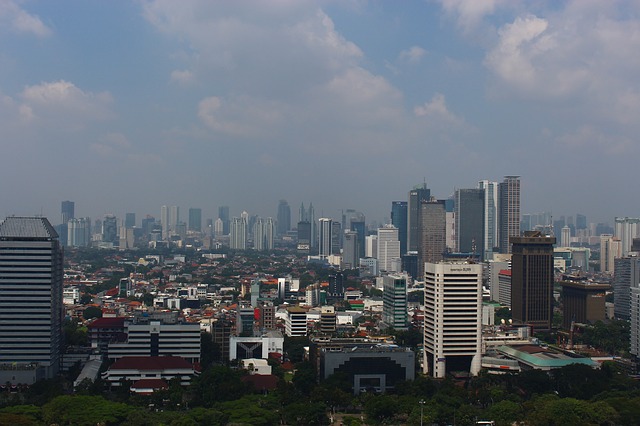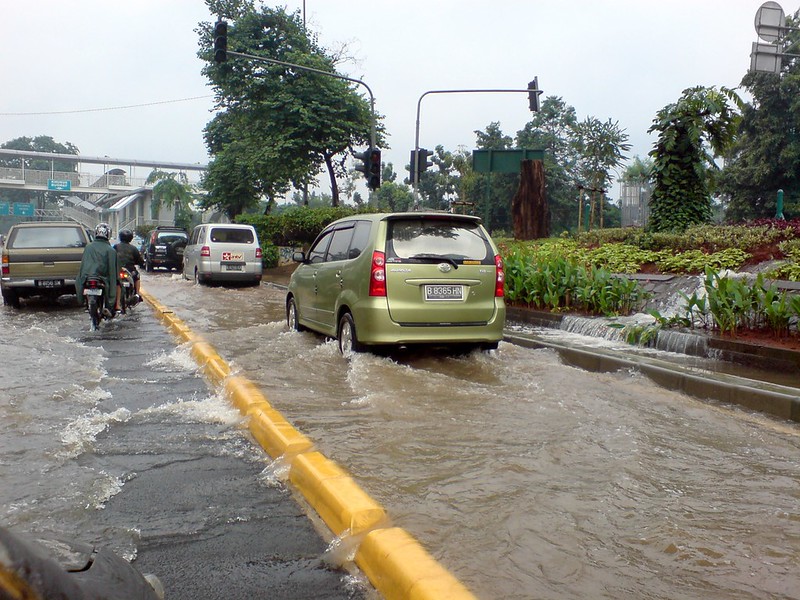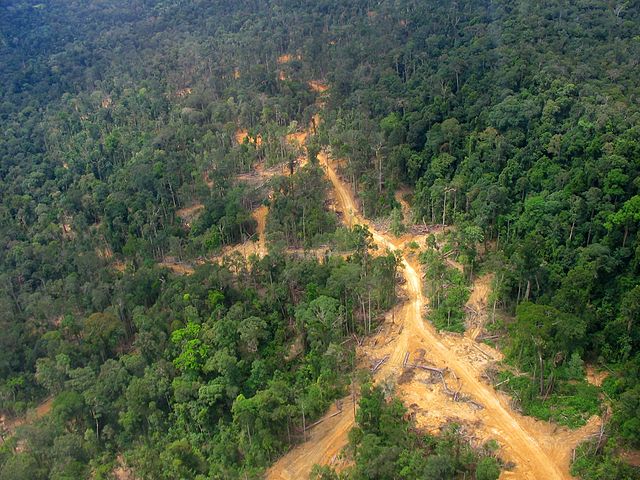 For the past 76 years, Jakarta has been the capital of the South Asian country of Indonesia.
For the past 76 years, Jakarta has been the capital of the South Asian country of Indonesia.
However, Indonesia is now planning to move its capital because of environmental problems. The new capital will be named Nusantara, which translates to “archipelago.”
Indonesian President Joko Widodo proposed the change in 2019, but the move was delayed due to the Covid-19 pandemic.
In January 2022, the nation's House of Representatives finally voted on and passed a bill that officially approved the move to the East Kalimantan province from Jakarta. East Kalimantan is a jungle-covered area that is located on Borneo island.
Why Move?
 Jakarta is one of the most populated cities in the world, and over 31 million people reside in the metropolitan area. This congestion has led to traffic and pollution.
Jakarta is one of the most populated cities in the world, and over 31 million people reside in the metropolitan area. This congestion has led to traffic and pollution.
Jakarta is also prone to earthquakes and climate-related disasters such as heatwaves and flooding. The city is built on swampy ground near the Java Sea and has 13 rivers running through it. As a result, the city is extremely vulnerable to rising sea levels and flooding.
To make matters worse, the city is rapidly sinking mainly due to the over-extraction of groundwater. North Jakarta has already sunk by 2.5 meters over the last 10 years and nearly half the city sits below sea level. Indonesia’s National Research and Innovation Agency predicts that 25% of the capital area will be submerged by 2050.
Another reason that President Joko Widodo is moving the capital is to increase economic growth and wealth distribution in the eastern region of Indonesia. Nevertheless, Jakarta will still remain as Indonesia’s financial center, while government functions will be moved to Kalimantan.
What Are The Concerns?
 Although the capital is being moved to reduce environmental pressure on Jakarta, environmentalists have concerns about this change.
Although the capital is being moved to reduce environmental pressure on Jakarta, environmentalists have concerns about this change.
The total land area of the new city is expected to be 2,561 square kilometers, all of which will come from forested areas. East Kalimantan is home to rainforests that are home to rare species such as orangutans, sun bears, and long-nosed monkeys. Increasing pollution and deforestation would lead to a decline in the ecology of the area.
Some critics believe that the new city will significantly increase logging and palm-oil plantations, which will harm rainforests and wildlife, especially since economic growth is one of the main motivators for the capital shift.
Indonesia’s plan to shift its capital, estimated to cost $32 billion, seems to be a paradox. On one hand, it will help relieve environmental problems in Jakarta, but on the other, it will create more in Kalimantan. It’s difficult to definitively state whether one course of action is better than the other.
Sources: Guardian, CNN, Science, Washington Post, Jakarta Post







